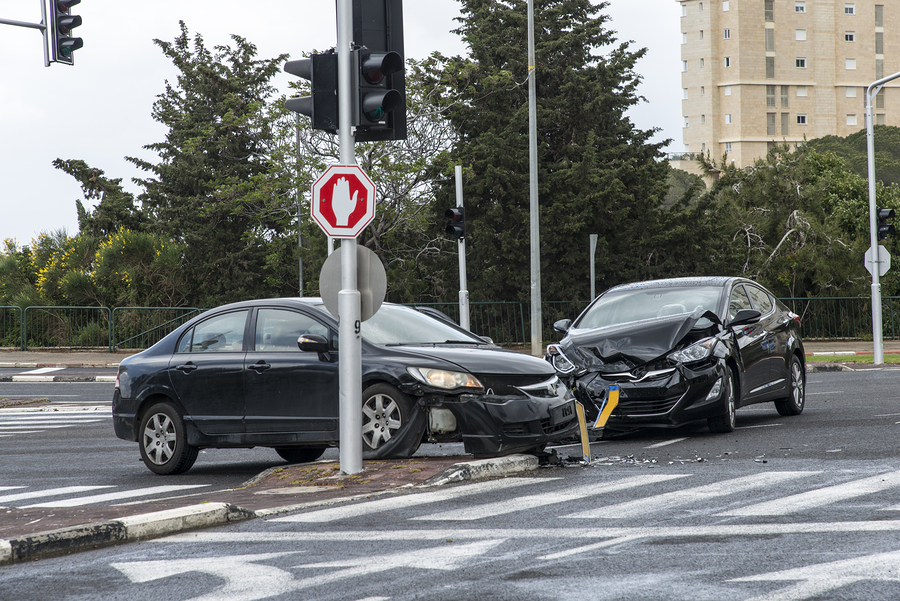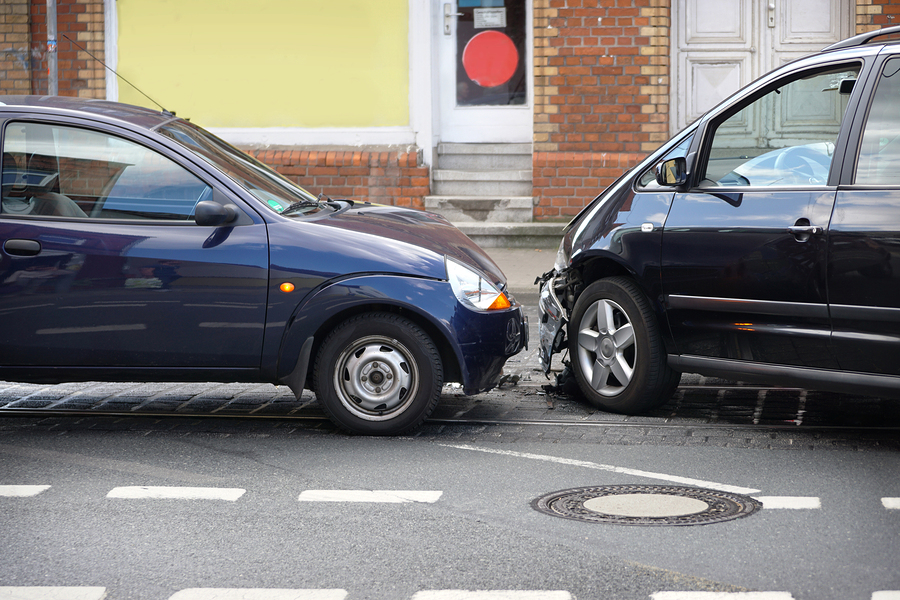Motorcycle helmets are a critical safety feature for riders. While they can't completely eliminate the risk of injury or death in every crash, their role in reducing the severity of injuries is well-documented. Helmets are, quite simply, lifesavers. Recognizing their protective value, most U.S. states have implemented laws mandating helmet use to varying degrees. In the aftermath of a motorcycle accident, reach out to our Virginia motorcycle accident lawyers. We're here to provide expert guidance and support, prioritizing your rights and compensation.
The Landscape of Helmet Laws in 2023
As of 2023, the landscape of motorcycle helmet laws across the United States varies.
According to the Governor's Highway Safety Association, 18 states, along with the District of Columbia and territories like the Northern Mariana Islands, Puerto Rico, and the U.S. Virgin Islands, enforce universal helmet laws. These laws require all motorcycle riders to wear helmets without exception.
47 states, D.C., Guam, the Northern Mariana Islands, Puerto Rico, and the U.S. Virgin Islands have motorcycle helmet laws.
Illinois, Iowa, and New Hampshire are the only states that do not have motorcycle helmet laws.
However, in September 2023, Delaware enacted a new law that requires new motorcycle riders and their passengers to wear helmets and eye protection for the first two years of their endorsement.
States such as Virginia, for example, mandate that all motorcyclists wear helmets that meet specific safety standards. According to Section 46.2-910 of the Code of Virginia, all operators or passengers must always wear an approved helmet.
The driver must also have one of the following: protective glasses/goggles, a face shield, or an approved windshield. Helmets must meet federally approved safety standards, and it's a crime in Virginia to sell helmets that don't.
On the other hand, several states have limited helmet laws targeting specific groups of riders. For example, Alaska, Arizona, Colorado, Hawaii, Indiana, New Mexico, Utah, and Maine require helmets for riders and passengers who are 18 years old or younger.
Other states, such as Florida, Michigan, and Texas, allow riders who are 21 years old or older to ride without a helmet if they have completed a safety course or have sufficient medical insurance.
Delaware has a unique law that requires new riders and their passengers to wear helmets for the first two years of their endorsement, regardless of age.
The Debate Over Helmet Laws
The discussion surrounding motorcycle helmet laws is multifaceted. On one hand, there's strong evidence supporting helmet effectiveness.
Helmets dramatically reduce the likelihood of fatal injuries and the severity of traumatic brain injuries. This data underpins the rationale for helmet laws: states aim to enhance rider safety and reduce fatal or severe accidents by mandating helmet use.
However, motorcyclists are a diverse and passionate community. Many riders cherish the sense of freedom that comes with riding. A segment of this community strongly advocates for the individual's right to choose whether to wear a helmet, viewing it as an expression of personal freedom.
This perspective has influenced the helmet law debate, leading to the adoption of less restrictive laws in some states.
How Lawyers Assist in Motorcycle Accident Cases
When accidents occur, the role of a lawyer is to provide guidance and representation, regardless of helmet use at the time of the incident. Lawyers can help in several ways:
Evaluating the Impact of Helmet Use on a Case
When helmet use is a factor in a motorcycle accident case, lawyers evaluate its impact. They carefully examine the details of the accident, considering how helmet use or non-use might influence the case's outcome.
Your lawyer can gather evidence, such as accident reports and medical records. Additionally, lawyers may consult medical experts and accident reconstruction specialists to build a strong argument supporting the client's position, ensuring that the case is assessed based on facts, not assumptions.
Addressing Arguments Against Unhelmeted Riders
In cases where a rider wasn't wearing a helmet, lawyers are skilled in addressing arguments that this might have contributed to the severity of injuries. They work to demonstrate that the absence of a helmet is not an automatic indication of the rider's responsibility for the accident or their injuries.
By presenting evidence such as the dynamics of the crash and expert medical opinions, lawyers can effectively counter claims that aim to shift the blame onto the rider for not wearing a helmet, ensuring that the focus remains on the actual causes of the accident.
Ensuring Compliance with Helmet Standards
Whether the helmet met state safety standards can arise in cases involving helmeted riders.
Lawyers in these situations will investigate and verify the helmet's compliance with relevant safety standards. They gather evidence, such as purchase records and manufacturer specifications, to confirm the helmet's compliance.
Doing so ensures that any attempt to undermine the rider's claim based on the helmet's standards is addressed and that such details do not negatively impact the claim's validity.
Advocating for Fair Compensation
Regardless of helmet use at the time of an accident, lawyers are committed to advocating for fair compensation for riders. They diligently work to calculate the full extent of damages, including medical expenses, lost income, pain and suffering, and other related costs.
If needed, lawyers negotiate with insurance companies and are prepared to take legal action to ensure their clients receive the compensation they deserve. Their goal is to secure a just outcome that reflects the true impact of the accident on the rider's life.
Contact a Motorcycle Accident Lawyer
As of 2023, motorcycle helmet laws continue to vary across the United States, reflecting a balance between safety concerns and personal freedom.

For motorcyclists involved in accidents, these laws can influence legal proceedings, but they do not define the entirety of a case.
Lawyers play a giant role in navigating these legal claims, advocating for riders' rights, and striving for fair outcomes, regardless of the individual's helmet use at the time of the accident.
For anyone involved in a motorcycle accident, seeking legal counsel is a wise step toward understanding and asserting your rights. A personal injury attorney can recover the damages you suffered from your accident and help you get back on your feet financially.




